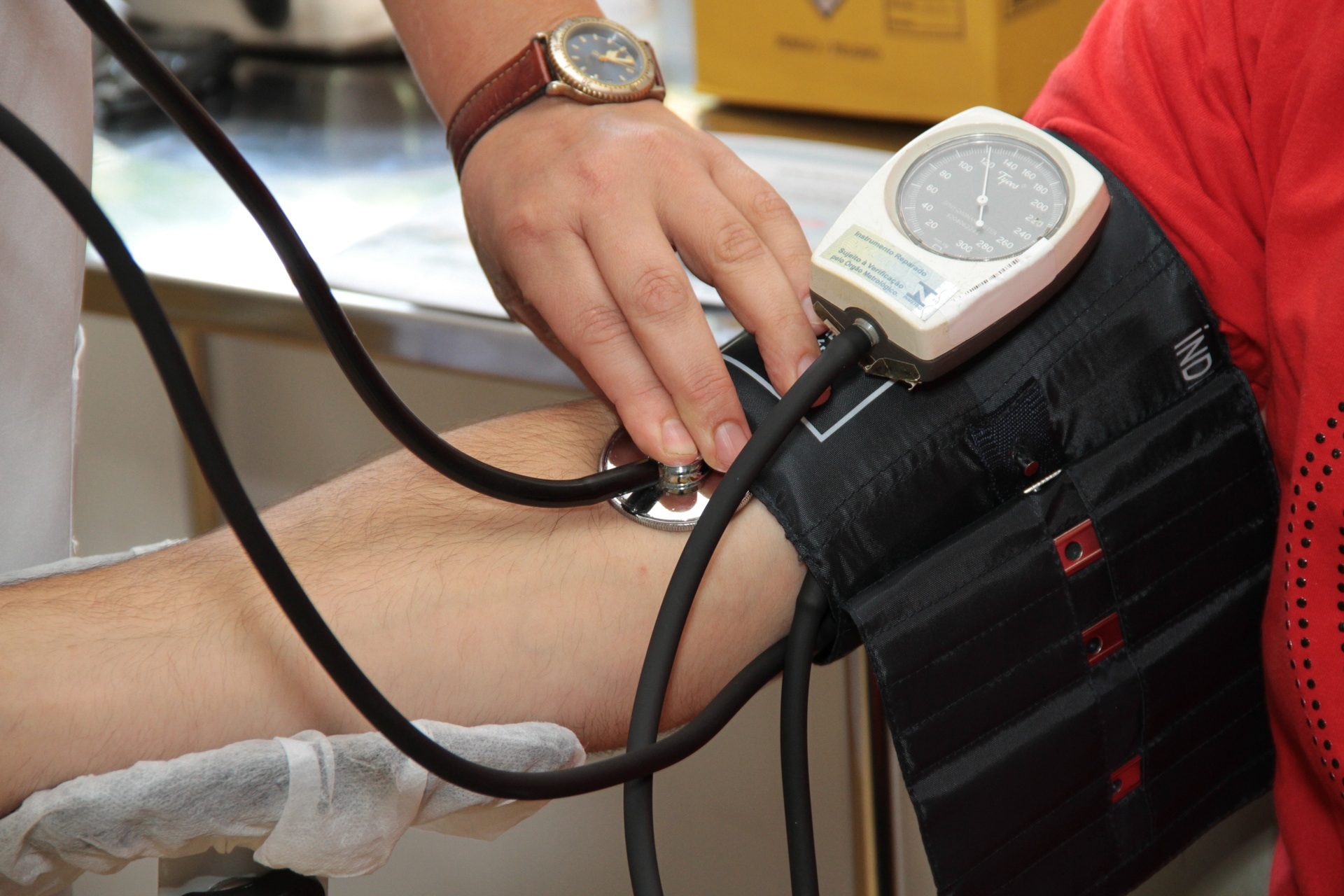
By Adrian Kuek (Joyous Learning) and Marcus Goh
One of the most thorny issues in Singapore’s education system is the the Gifted Education Programme (GEP). The top 1% of primary school students are picked to enter the three-year programme, which spans from Primary 4 to Primary 6. The selection criteria boils down to two series of tests (the GEP Screening Test and the GEP Selection Test) which comprises English, Mathematics, and General Ability (verbal and non-verbal reasoning).
It’s a monumental decision for any child who is accepted into the programme. GEP curriculum is different from mainstream primary school syllabus. It is more in-depth and students have plenty of projects to complete. Critical thinking at various levels is expected from GEP students, and the workload is undoubtedly much heavier.
The question is — should you prepare for it? Many parents are torn over this, since both sides have convincing and valid reasons for their stand. Here’s an examination of the different perspectives to this controversial question.
YES

Looking at the GEP admissions tests like the Olympics
The GEP admission tests are somewhat akin to the Olympics. They are there to identify the best and the brightest of our Primary 3 students, just like how the Olympics shows us who is the world champion in different sporting events. It measures the peak of human performance.
For the Olympics, participants train hard to ensure that they live up to their full potential. One could be born with the best genes in the world, but without training, an athlete would be at a disadvantage against a competitor who put in the extra hours. Once the rules are set, there’s no stopping competitors from trying to get the best results they possibly can by training hard beforehand.
The same goes for the GEP selection exercise. A child might be naturally intelligent and precocious, but without training, he or she might be at a disadvantage compared to a similarly intelligent child who has invested hours of preparation. Surely, it is not right to stop a child from preparing because he or she wants to achieve the best results possible?
We are all born with innate abilities, but without conscious effort to develop them, we will not realise our full potential.

Looking at the GEP admissions tests as a medical check up
To look at it from another perspective, the GEP admissions tests measure natural ability, just like a medical check up. But for most of us, we don’t go into medical check ups without some preparation. You’d watch your diet and exercise a little in the days prior to a blood test, instead of gorging on nasi lemak the night before. The impact might be negligible, but it will still make a positive difference.
From this point of view, one should also prepare for the GEP admissions tests to get a ‘healthy’ score.
NO

Akin to gaming the system
If you consult the Ministry of Education’s FAQ about the GEP admissions tests, their stand is that parents should not train their children because “test-preparation activities could inflate pupils’ scores and not reflect their actual potential”. Note that the Ministry also refers to it as an “exercise” rather than a “test”.
To an extent, this is like gaming the system. If you know exactly how it works and what the system is looking for, you can ask your child to focus on those aspects for them to succeed in the GEP admissions tests. Your child’s intellectual growth might be lopsided as a result, since he or she would only be proficient in what the test is looking out for. His or her IQ may not actually be improved as a result of all those classes.

Undue stress on the child
Training for the GEP admissions tests also sends a message to your child that you want them to be special (special enough to get into the GEP, that is). For a Primary 3 student, that’s an undue amount of stress to put them under. If they end up not qualifying for the GEP, they might feel that they’ve disappointed their parents.
That may not have been the intention of the parents, but we must remember that it’s difficult for a Primary 3 child to understand otherwise.

Conclusion: It’s up to the individual
Ultimately, it’s up to each parent (and child) if they want to prepare for the GEP admissions test. It’s a personal decision that has many consequences for the family involved, and not every student may be prepared for it.
This means that families should refrain from influencing or judging other parents or students for training or not training for the test, since the circumstances would vary for everyone.
Want to prepare for the GEP admission exercises? Check out these classes at Joyous Learning!
You might also like to read:
[Education] 6 ways to tackle the GEP Selection Exercise
This article was also published on Yahoo!.
Grade Expectations is a weekly feature on education in Singapore. Expect fun activities, useful tips and insightful news on learning. It’s not just about your child’s grades — it’s about raising a great child!
Adrian Kuek runs Joyous Learning, an enrichment centre that specialises in English, Mathematics, Science and Creative Writing for Primary. He previously served as the academic director of one of Singapore’s largest enrichment centre chains for over seven years. Send him an email if you’re keen!
Marcus Goh runs Write-Handed, a creative writing studio. At the same time, he teaches English at The Write Connection. He has been a specialist tutor for English and Literature (Secondary) since 2005.
If you liked the article, follow me on Facebook and Instagram for more updates!
To get in touch with me, send an email!
Leave a Reply